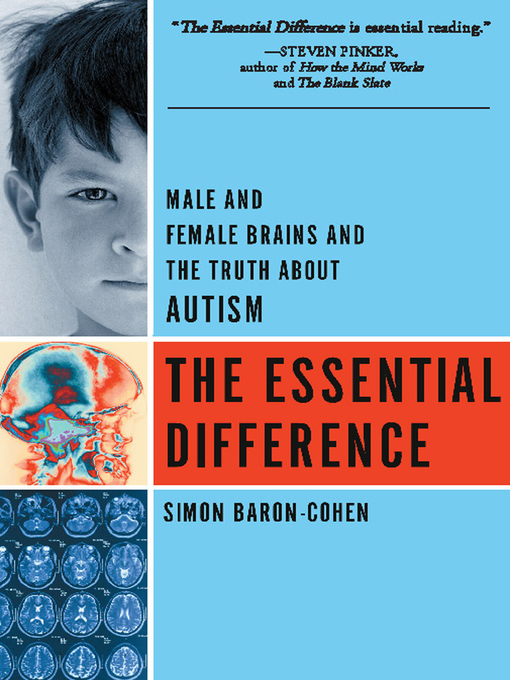- New eBook additions
- Available now
- New kids additions
- New teen additions
- Most popular
- Try something different
- New Fiction eBooks
- Repair Center
- Comics & Graphic Novels
- Memphis Grit and Grind Collection
- Personal Finance Center
- Small Business Center
- Health Information Center
- See all ebooks collections
- New audiobook additions
- Available now
- New kids additions
- New teen additions
- Most popular
- Try something different
- See all audiobooks collections
- Generously donated by the Goodwyn Institute
- Generously donated by Ron and Jan Coleman
- Generously donated by Diana Duncan
- See all donated titles collections
- Popular Magazines
- Just Added
- Celebrity and Lifestyle
- Cooking & Food
- News & Politics
- Health & Fitness
- Home & Garden
- Family and Parenting
- Crafting
- Travel and Outdoor
- Science
- Tech and Gaming
- Art and Architecture
- See all magazines collections


